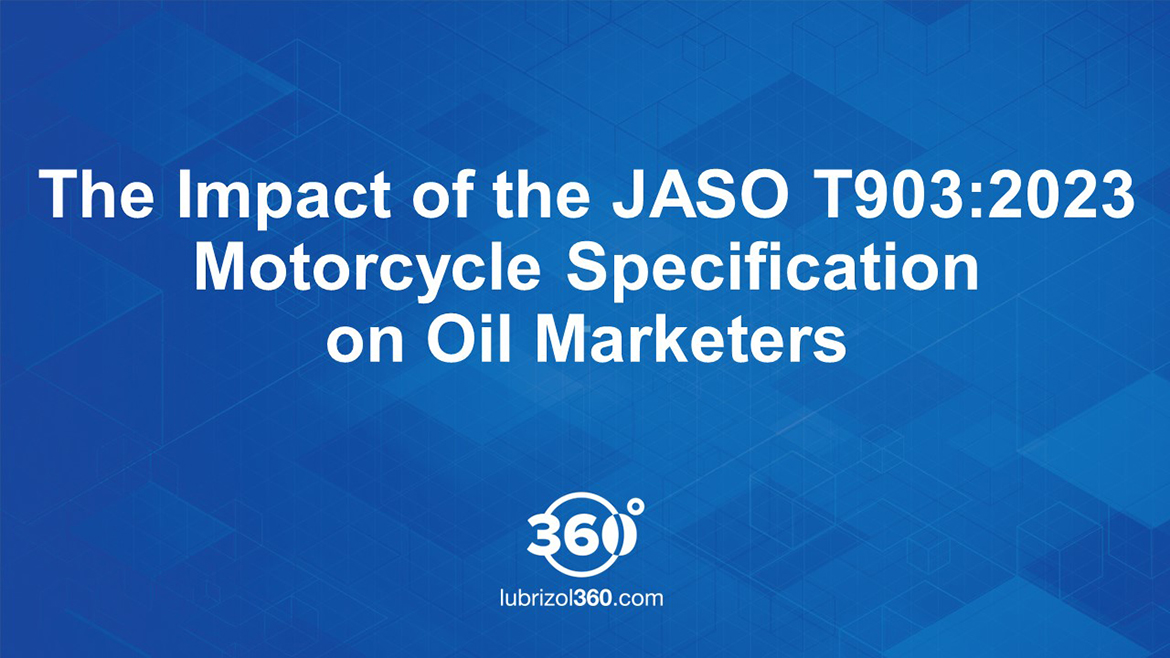The need for proper lubrication in all engine types is well established. Modern machinery—be it a car, a truck, an ATV, a small boat, or a landscaping tool—requires optimally formulated lubricants to perform to its full potential.
To that end, numerous bodies have established specific categories that help to codify necessary performance characteristics for different applications. For the seasoned oil marketer, none of this is new information—but as engine technology across the spectrum continues to evolve in new and unique ways, it’s worth a refresher on how and why different applications are beginning to require increasingly divergent performance characteristics.
This is particularly true of small engine technology. Recently, we’ve written about how and why today’s small engines require lubricant formulations that take their unique considerations into account . Specifically, passenger car engines have evolved in ways that demand completely different things from that of two- and four-cycle engines that are commonly deployed in landscaping, recreation and other smaller applications. While it may have once been common to service a boat with the same lubricant as a car, doing so today may lead to undesirable outcomes for end users.
Let’s take a look at some of the relevant specifications across these spaces, and how and why they demand different things:
JASO
The Japanese Automobile Standards Organization (JASO) is an industry organization and specification-setting body for lubricants designated for use in a broad range of Japanese hardware. JASO small engine specifications are broadly recognized and have been adopted globally by the industry as key performance standards for both two-stroke and four-stroke applications.
- For four-cycle applications, JASO introduced the T903 specification in 1998 as a global standard. The specification was designed to address clutch slippage problems in the field, provide the correct balance between hardware durability and catalyst protection, and to improve fuel economy performance in scooter applications.
- For two-cycle applications, JASO introduced the M345 specification in 1994 as a global standard. The specification was designed to set a minimum level of engine protection and exhaust emissions control performance in response to industry concerns about the durability of two-cycle engines and quality of two-cycle lubricants available in the market.
T903 was last updated in 2016, and M345 saw an update in 2018. These updates were largely related to parts shortages for certain tests. It is anticipated that another upgrade may arrive in 2023—something oil marketers servicing the motorcycle space should take note of.
NMMA
Similar to the world of motorcycles, the National Marine Manufacturers Association (NMMA) has established particular performance criteria for two- and four-stroke applications.
- For two-cycle applications, NMMA has established the TC-W3 specification. Requirements include various bench tests for fluidity, miscibility, rust, compatibility, as well as engine tests to evaluate the prevention of ring-sticking and carbon buildup on pistons. And because modern two-cycle engines tend to see higher cylinder temperatures and compressions, this type of lubricant also helps to meet the EPA emissions reductions.
- For four-cycle applications, NMMA developed both the FC-W specification and the FC-W(CAT), the latter of which is specific for catalytic converter compatibility. These specifications were established as four-cycle technology became more prominent in boating. These criteria include bench tests for viscosity, corrosion, fuel dilution, filter plugging, foaming and aeration. In addition, the oil must successfully pass a 100-hour general performance engine test.
Discussions are presently underway to update these specifications for boat-specific lubricants. Like JASO, some tests are running into parts shortages, necessitating changes that can help these specifications remain relevant for the needs of modern boating engines.
API
The American Petroleum Institute (API) is mainly concerned with certifying engine oils suitable for use in modern passenger car engine technology. Most recently, API announced the adoption of API Service Category SP, which became available for licensing on May 1, 2020. Engine oils meeting the requirements of API SP will deliver several performance advantages to protect the needs of modern passenger car engines.
Contemporary API service categories typically represent state-of-the-art lubrication technology, which has the tendency to outpace the needs of small engines. For example, API SP lubricants prove too slippery for use in motorcycle applications—hence the requirements of JASO testing for clutch slippage issues as referenced earlier in this article.
But today’s savvy formulator has the opportunity to merge the best of both worlds. For instance, it is possible to begin with a formulation that meets slightly older API serve categories—let’s say API SN—and modify it specific to JASO performance needs. The result would be a suitable motorcycle lubricant that delivers elevated cleanliness levels while meeting all the unique needs of modern motorcycles.
Our View
Formulating the right oils for the right applications is a critical objective for the lubricants industry. It’s how we can continue to meet the needs of evolving, modern engine hardware and deliver more value for end users. The world of small engines must be a part of that commitment. It’s incumbent upon our industry to both develop dedicated lubricants that meet the specific needs established by relevant industry specifications and help educate end users on the importance of selecting the right oil for the right application. Doing so requires staying apprised of the relevant specifications and potential updates, while deploying new formulation techniques to deliver the highest levels of performance.




